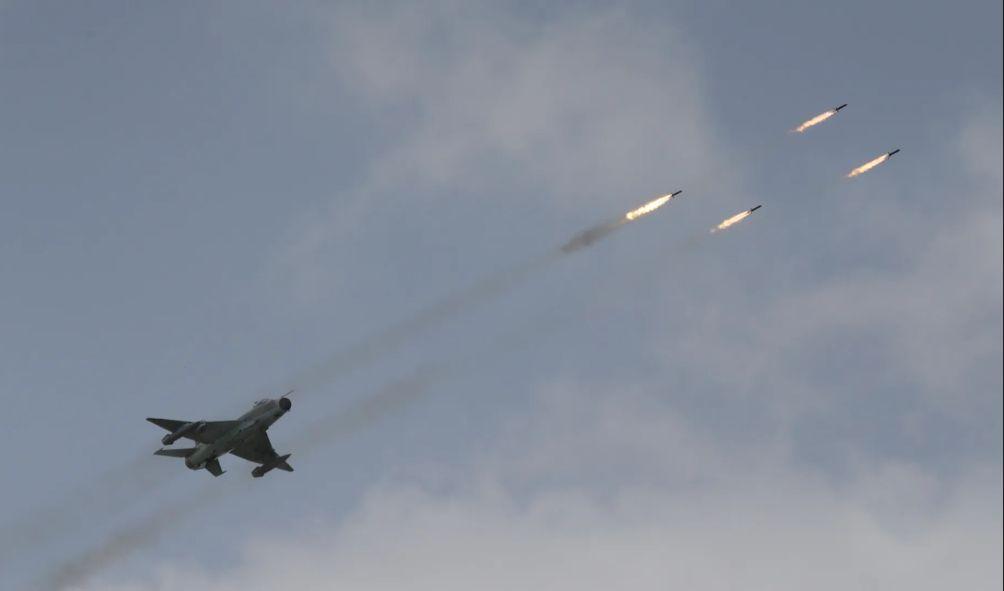
The United States military has reportedly drafted operational plans for potential airstrikes in Nigeria after Donald Trump directed the Pentagon to “prepare to intervene” in Nigeria to protect Christians from terrorist attacks.
According to a report by The New York Times, the United States Africa Command (AFRICOM) has submitted several contingency options to the United States Department of Defense in response to a directive from Pete Hegseth. Military sources say the plans are categorised as “heavy”, “medium” and “light”.
Despite these drafts, some senior U.S. military officials believe that limited airstrikes or drone operations may not be sufficient to end Nigeria’s entrenched insurgency unless the U.S. undertakes a full-scale campaign — which no one in Washington seems willing to pursue at this time.
The Nigerian government has strongly rejected the narrative of religious-based genocide used to justify the threat. Foreign Minister Yusuf Tuggar stated that state-backed religious persecution is “impossible” under the Nigerian constitution.
The government emphasises that Nigeria faces terrorism affecting both Christians and Muslims and insists on sovereignty in any foreign collaboration.
Meanwhile, China weighed in, expressing support for Nigeria and opposing what it described as “religion and human-rights excuses” for interference in other countries’ internal affairs.